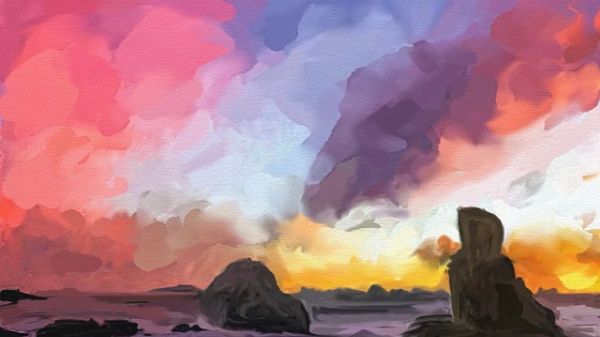Call for Proposals: 11th World Environmental Education Congress

Mark your calendars for the 11th World Environmental Education Congress happening March 14-18, 2022 in Prague.
Consider submitting a presentation proposal for the Arts, Ethics, and Environmental Education theme. Abstracts are due at the end of August 2021.
Congress Website: https://weec2022.org/
Abstract Submissions: https://weec2022.org/participation-registration/abstract-submission/
Arts, Ethics, and Environmental Education Proposal Guidelines
Chair: Bob Jickling, Lakehead University, Jana Dlouha & Laura Henderson (Charles University Environment Centre)
This theme invites participants to consider forms of expression that nurture human capacities for wareness, perception, care, compassion, healing, justice, and love. In these times of increasing environmental uncertainty it apears that education, as it presently plays out, is struggling to discrupt the status quo in any menaingful way. This theme begins with the premise that environmental education must include space to move beyond the mainstream capacities for science, logic, and linguistic representations. And, when we do, it no longer makes sense to distinguish between philosophy and art.
For ethics, this means moving away from philosophies that are rooted in abstract principles and subject-object dualisms. This means bravely exploring ways of discovering the world that are restorative, affirming, peculiar, empathetic, and joyful. And, it means encouraging multiple forms of knowing and doing that restore our embodied sensibilities. When we go forward in this way, we are performing beautiful and revolutionary acts.
The arts give us power of imagery, symbolism, metaphor and feeling to transgress boundaries of our thinking and being. They help transport us to unknown lands and imagined futures through images, metaphors, and idiomatic thinking in poetry, visual arts, sound art, bio-art, performances, theatre, and storytelling. And, the arts serve to give presence to contradictions and controversies–and different stories. Each story then provides a starting point for re-imagining new possibilities.
With this background in mind, we are particularly interested in presentations that appear at the intersections of:
- ethics and art as social practice,
- ethics and art as activism, and
- ethics and art as collaborative learning.
We are also interested in projects where ethics and artistic practices can interact to:
- restore playfulness in our responses to the world,
- generate creative action,
- engage in eco-atonement, and
- ignite social movements.
Workshop proposals that plan to initiate creativ eprojects that aim to be participative and collaborative are welcomed. In these cases, a clear description of the workshop methodology must be detailed in the abstract.





